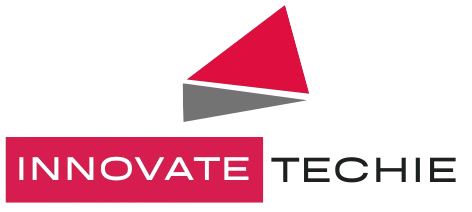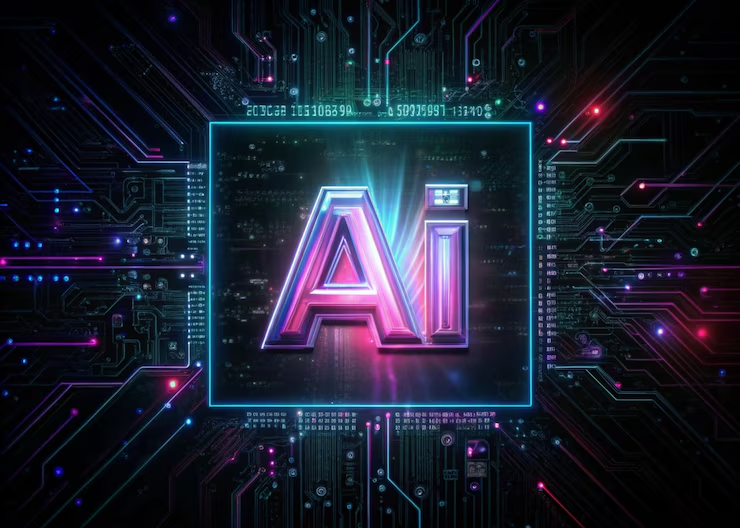AI has already altered how work is done. Numerous businesses have developed AI solutions for their convenience by utilizing the potential of machine learning. Physical people have careers at risk. Customer service is one instance. Imagine a meal delivery business that employed a 24-hour staff of customer service representatives.
Artificial intelligence (AI) is redefining entire industries, transforming our economy, and altering a number of production and service activities in the workplace.
AI in the workplace is accelerating digital transformation across the board, from hiring procedures and task execution to how consumers interact with firms as consumers.
In the digital age, effective leadership necessitates a deep understanding of the role task automation will play in future achievements.
Because they increase productivity and supplement human labor, machines are increasingly seen as essential to economic success. AI technology will impact daily duties in a greater way than just for people employed by tech companies.
Let’s look at the ways that smart technologies are transforming people’s lives, workplaces, and industries.
Chatbots and AI
A chatbot is an artificially intelligent software capable of simulating natural conversation between humans. Communication may take place through various mediums such as phones, websites or mobile apps.
Chatbot applications utilize machine learning systems to recognize user intent and deliver responses that resemble human interaction. Their conversations typically consist of sequences of questions (closed or open-ended) and answers.
Organizations are using chatbot technology to enhance customer service and hiring processes, to generate leads, increase conversions and ultimately reduce costs and drive revenue growth.
Human Resource Department:
Chatbots can be used in recruiting, employee onboarding, HR administration, and sales and marketing initiatives. Businesses that incorporate chatbots into their everyday operations can greatly expedite the recruitment and HR procedures.
Talkative AI helps HR by automating some of the hiring process’s processes. An AI chatbot that prescreens applications can be used by candidates to ensure that only qualified people move on to the interview stage.
Chatbots are also used in HR to help with onboarding of new hires, automatically schedule interviews, and generate recommendations based on candidates’ feedback for vacancies.
Leader in chatbot technology Text10X creates discussion solutions especially for recruiters.
The company thinks that the average amount of time HR staff spends on frontline tasks may be reduced by 43% by implementing chatbots.
It has been projected that within a year of implementing conversational AI for HR activities, companies might save $134,000.
Customer Support
One of the most sought-after options for customer support apps these days is chatbots. These intelligent bots are excellent personal assistants for clients due to their wide variety of capabilities.
Chatbots relieve customer service representatives of laborious duties while giving them round-the-clock access to answer consumer concerns. For quicker service, repeated questions can be addressed by AI technology while agents are kept available for complex ones.
Further benefits of conversational AI are available. Cross-channel strategies can be developed when your primary communication channel (such as email, an app, or a website) has been optimized.
Conversational AI offers additional advantages. Once your primary channel of communication (such as email, app or website) has been optimized, cross-channel strategies can then be devised.
SAP Conversational AI allows companies to leverage NLP technology to develop intelligent chatbots in any language, known as “conversational agents”.
This technology can seamlessly integrate with not only internal systems but also any external communication channels, including Facebook Messenger, Skype, Telegram, Slack, or Kik
IT industry
AI chatbot software could be useful for ITSM (information technology services management). With regular or small incidents being handled by chat robots rather than human representatives. As help desk agents become available, more difficult tasks become accessible.
Chatbots have the potential to greatly improve customer satisfaction in addition to increasing efficiency. Chatbots can be used to provide 24/7 access and expedite the settlement of basic questions.
Chatbots learn from every conversation by utilizing data gathered from prior exchanges. Making machine-learning technologies a simple choice for IT organizations that want to use chatbots to handle ticket classification.
Chatbots learn from every conversation by utilizing data gathered from prior exchanges. Making machine-learning technologies a simple choice for IT organizations that want to use chatbots to handle ticket classification.
IT teams are also benefiting from artificial intelligence when it comes to password reset requests. one of the service desk services that is most frequently requested. Its resolution can be automated, which greatly increases team output.
AI software company expert in providing chatbot software solutions, including tech help and IT Help Desk support, for almost any business or application. Three help categories are included in their automated chat system for the Tech Support/IT Help Desk.
In addition to providing instructional resources and assisting with typical problems, the online help chatbot effortlessly connects with CRM to involve real agents in the process.
AI-based Machine Learning
It’s true that machine vision exists, and as the name suggests, AI-based machine vision use AI to educate robots to comprehend what they perceive.
Research on machine vision is still at the vanguard, with ramifications for both science and industry. When applied correctly, machine vision may allow businesses to automate processes that were previously too complex for computers to perform.
The manufacturing sector stands to benefit greatly from developments in machine vision technology.
First, AI helps producers enhance their production lines’ predictive maintenance. AI-enhanced computers are able to identify abnormalities in equipment and take corrective action before more harm is done.
The application of machine vision technologies to quality control can be very beneficial. Machine vision reduces the need for product recalls by promptly identifying faulty goods at an early stage.
One well-known example of how machine vision technology can be used successfully in a commercial setting is the Amazon Go Store. Amazon used state-of-the-art technology to provide their Walk Out Shopping experience.
The business created its Just “Walk Out” technology by fusing deep learning, sensor fusion, and computer vision technologies.
A store’s installed sensors can track what things clients pick up and maintain a virtual cart for each transaction.
Following the collection of all this data, the system uses a stick figure model of each client to trace it back to them; it then generates digital invoices and charges their Amazon accounts in line with the information.

